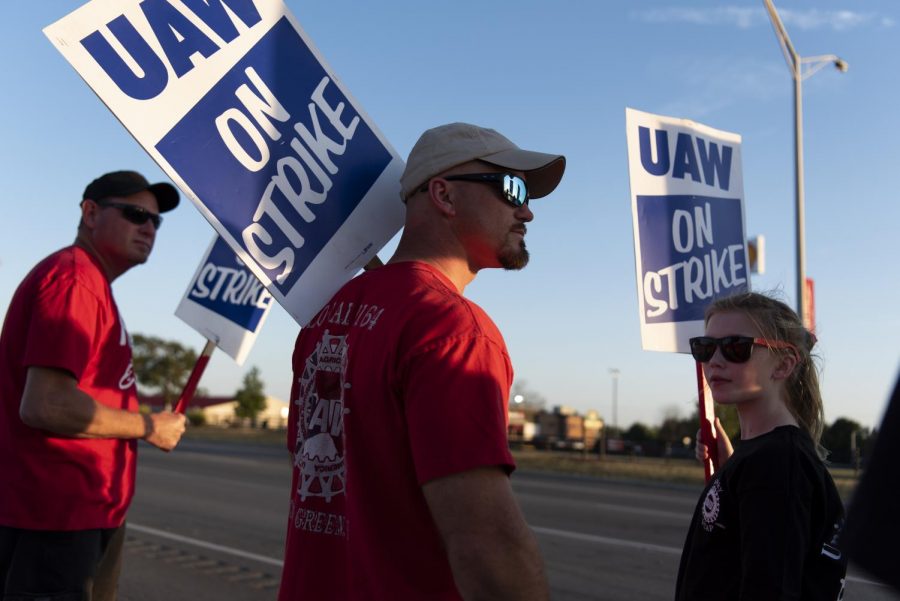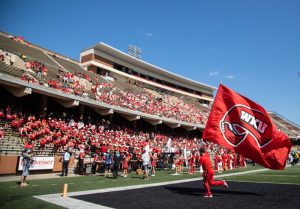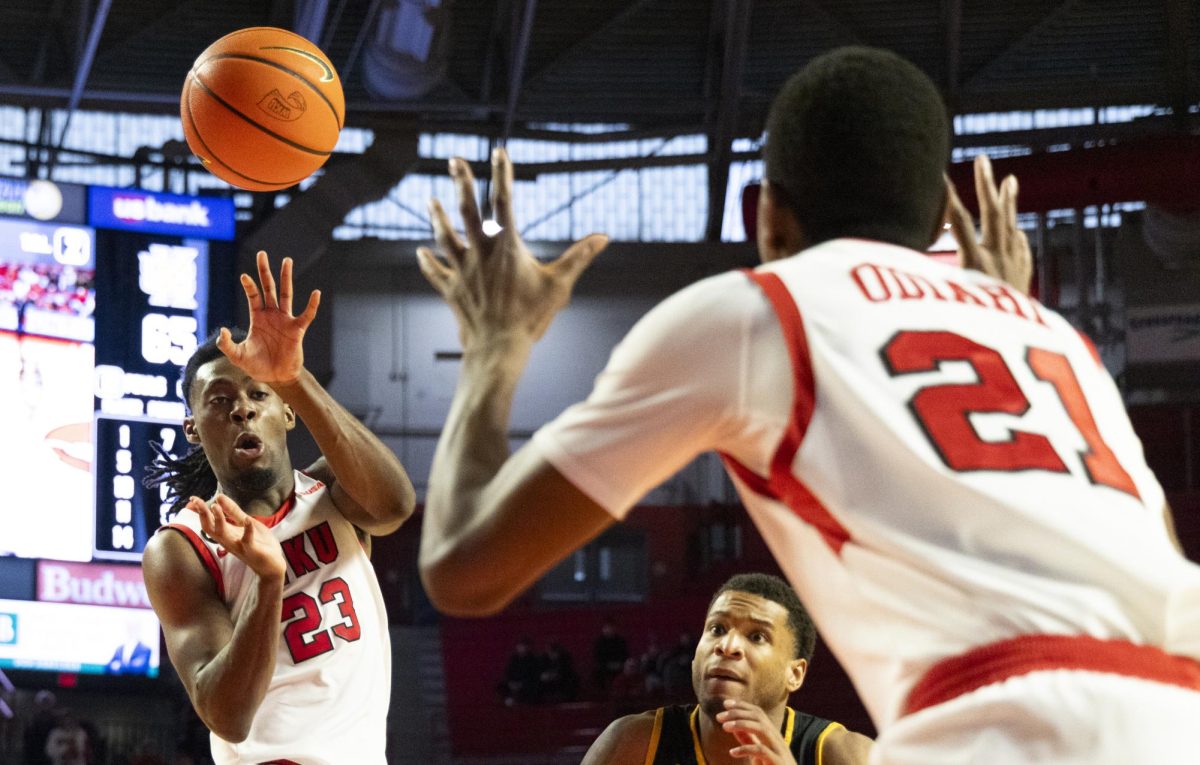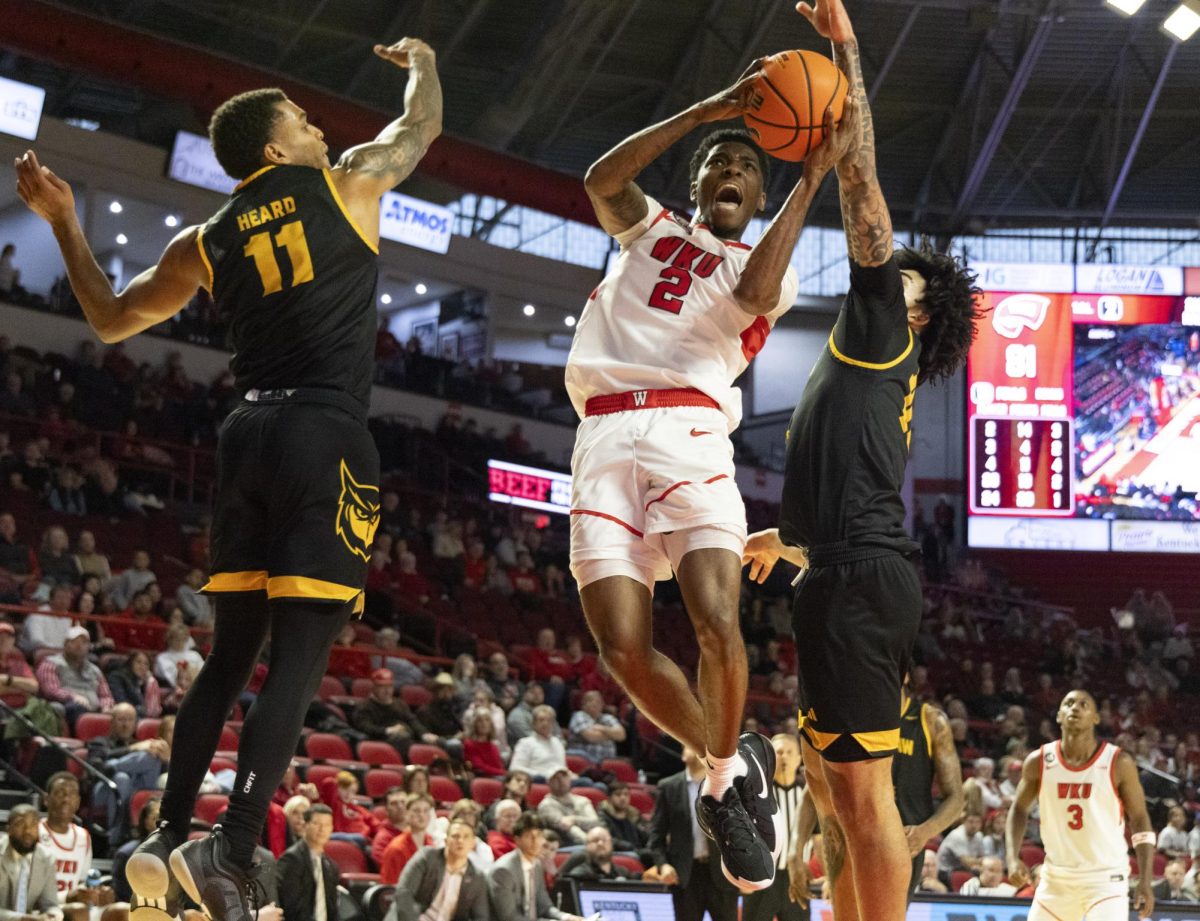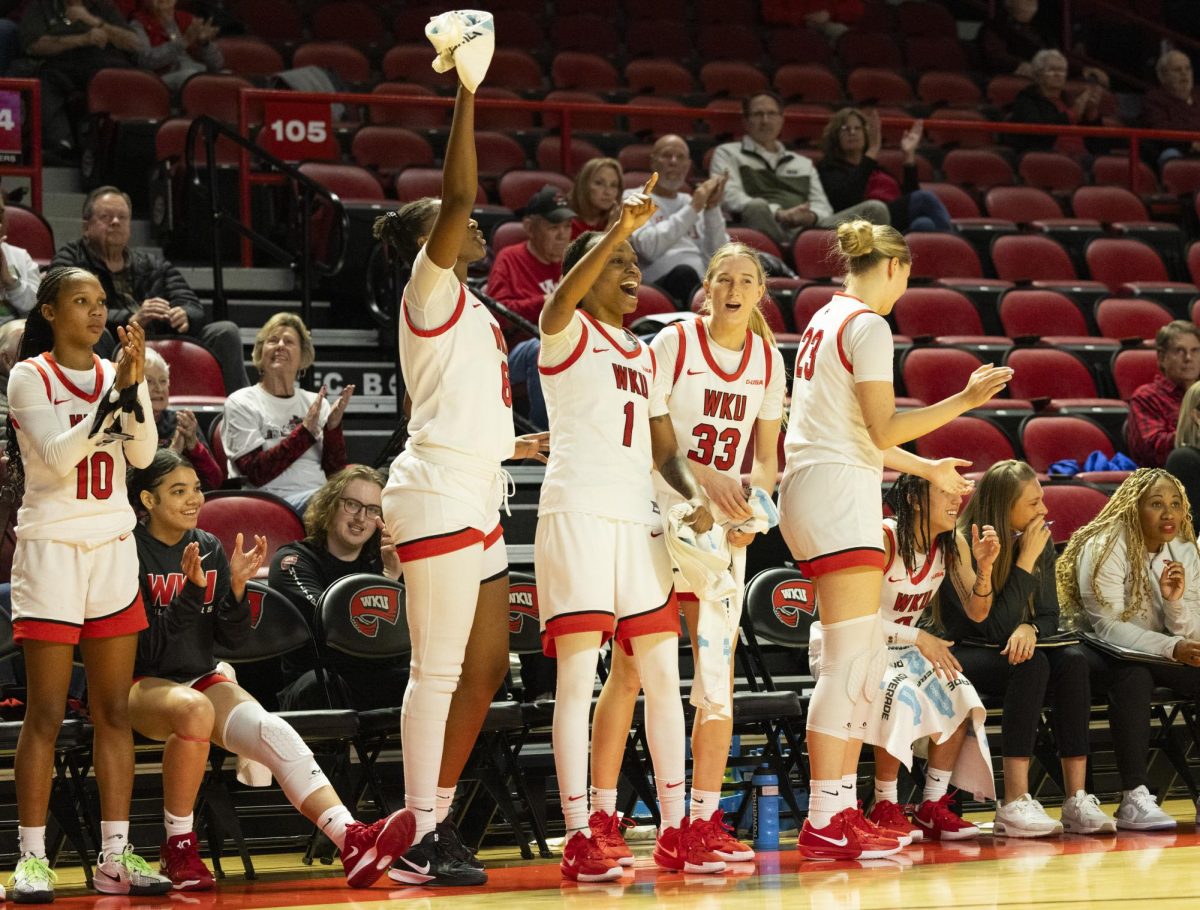Opinion: Workers deserve to come out on top in GM strike
September 24, 2019
Issue: 48,000 members of United Automobile Workers (UAW), including nearly 1,000 at the General Motors Bowling Green Assembly plant, are striking against General Motors (GM) in order to obtain improved benefits.
Our stance: The College Heights Herald supports UAW striking and believes they deserve better working conditions since it is an abuse of power for GM to make its workers wait several years to receive benefits.
One of the driving factors of the strike is how long it takes members of UAW to receive full benefits. A worker at GM must be employed for eight years in order to receive full benefits and wages, and it can take up to three years for them to become a full-time employee, a UAW member previously told the Herald.
This potential 11-year period it could take an employee to maximize their working conditions is nearly the same amount of time between this current strike and the previous one against GM in 2007 when the UAW stopped working for two days.
Consequences are now starting to be seen in the wake of the strike, as thousands of workers have been laid off from GM assembly plants in Canada. If UAW continues to strike, GM could begin to lose $75 million a day, according to Business Insider.
Both parties have a certain amount of leverage on the other, but UAW is unfortunately in a position where they are facing repercussions of the strike first.
UAW could gain the upper hand on GM because in addition to costing the company several millions of dollars, the 2020 Corvette Stingray is set to go into production later this year. The redesigned Corvette is now a mid-engine sports car and is one of the most anticipated GM products of all time.
Motor1.com even wrote in July that the Bowling Green Corvette plant “should be running at maximum capacity” in order to deal with the anticipation of the vehicle since it almost sold out before a single one was assembled for sale.
If UAW can withstand the layoffs, then high the demand for GM products could help them come out on top after the strike, but being out of work is excruciating to endure.
This strike is partially different than the production stoppage that occurred in 2007, since the previous one mainly happened on the cusp of the 2000s recession while GM tried to prepare for the hardships it would cause, but both strikes still center around health care benefits and job security.
After the strike was settled in 2007 and GM was bailed out after receiving more than $11 billion from the government earlier this decade, the company rebounded.
GM owes it to their workers to help them secure their needs due to their now improved financial status. To deny this from UAW would be a misuse of power and an abuse of capitalism since the company knows it can temporarily afford to keep people out of work.
There is no reason it should take up to 11 years of work for employees to receive benefits. Sizable amounts of change can take place in a worker’s life in that time, whether it’s a physical setback or a personal change at home.
Hopefully UAW can outlast GM and get the benefits they deserve since they’ve been at the mercy of GM and undervalued for too long.

